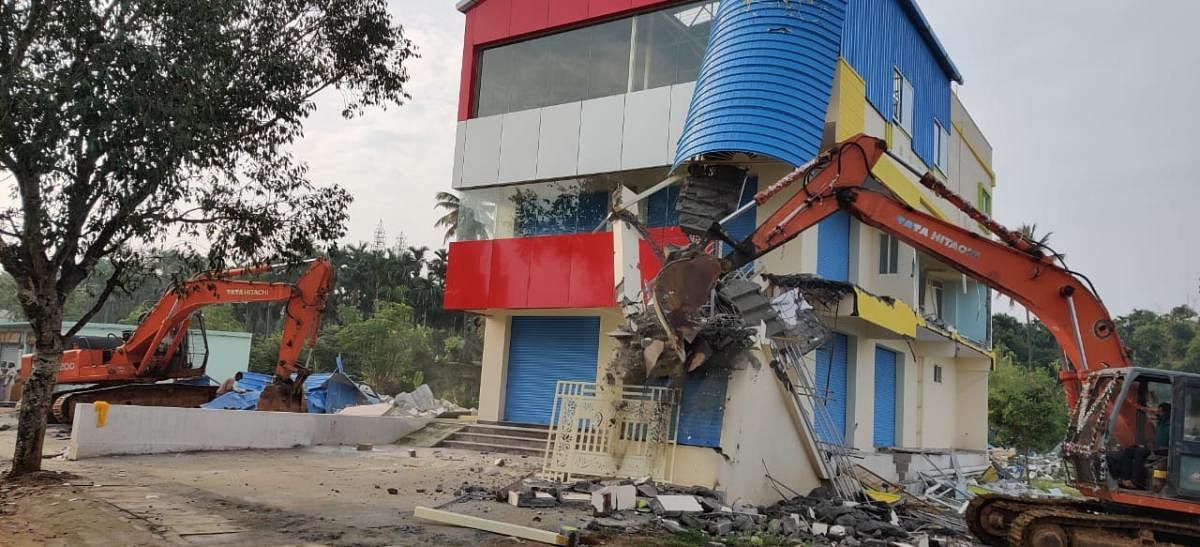
A city-based data analytics company has successfully helped lower the workload for a committee mandated with regularising buildings at a controversial layout.
The Supreme Court appointed a three-member committee (see box) in December 2020 to identify and regularise legally constructed buildings on land notified for the Dr Shivaram Karanth Layout by the BDA.
The committee brought in a Bengaluru-based data analytics company, Navigem Data, to speed up the work.
In February 2021, the company joined hands with the committee to start the audit process.
“The committee initially thought that scanning and digitising the documents would be enough. But the data had to be intelligible. Data points had to be captured through applications,” says Madhu Kongovi, CEO of the company.
As part of the process, help desks came into the picture to help property owners with the petition process, and were manned by student interns from the CMR University of Legal Studies. Set up in March last year, the desks were mentored by retired police and revenue personnel. Since September 2021, the Navigem Data team have been working from the BDA office in Kumarakrupa West.
“The process includes collection of data, validation, scrutiny of applications, field visits by BDA surveyors, and adjudication,” he says.
At the adjudication state, committee members look at applications and mark them for regularisation.
The applications cleared by the committee are then sent to the Supreme Court for approval. So far, 4,300 houses have been regularised. After the court’s approval, the details are published on a portal and individual applicants receive text messages.
After this, the applications move through the BDA hierarchy, where an executive engineer visits the structure, checks site dimensions, built-up area, and the nature of the property. A regularisation certificate is then issued, ending the process.
Manually, the whole process would have taken much longer, says Kongovi.
The committee’s belief that “data can be used to transform the systems that perpetuate urban problems and bring in oversight for sustained impact” led to effective implementation of the Supreme Court’s mandate in a short time, says Kongovi.
Challenges
Kongovi, who has worked on governance projects in Pittsburgh and New Orleans (in the US), and Cape Town and Durban (in South Africa), found it especially challenging to work on this project.
“Things were messed up in every quarter, and political interference was rampant. There was also resistance to auditability and transparency. In the hands of a lesser committee, we wouldn’t have seen such success,” he observes.
Future ahead
By providing processed, anonymised and secured data for public consumption, the committee has created data democratisation. “It is a first-of-its-kind in an Indian context,” he says.
The multidisciplinary approach can provide a case study to government-driven public engagement projects across the country, says Kongovi.
“The work has grabbed the attention of the National Law School Bangalore, Kennedy School of Public Administration (Harvard), and the University of Chicago. The committee in consultation with the Supreme Court will decide how they want to go about putting together this case study,” he adds.